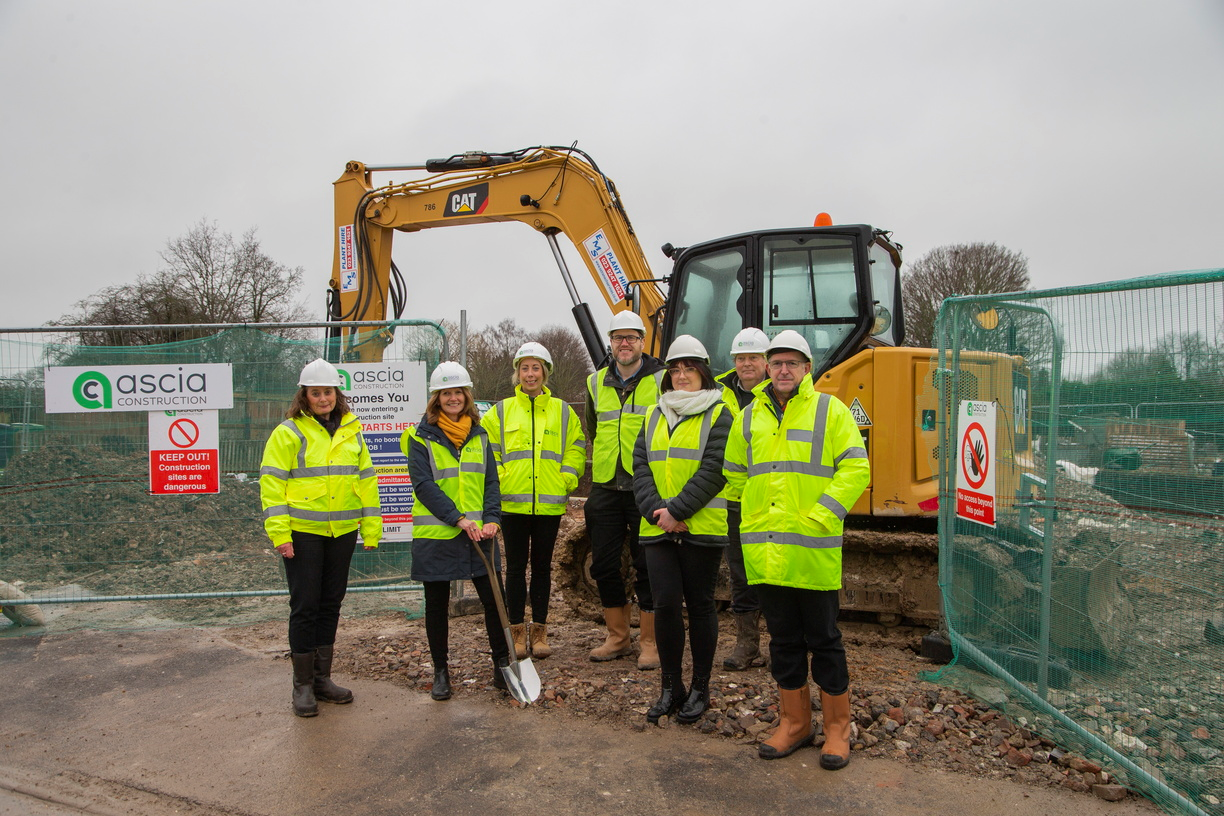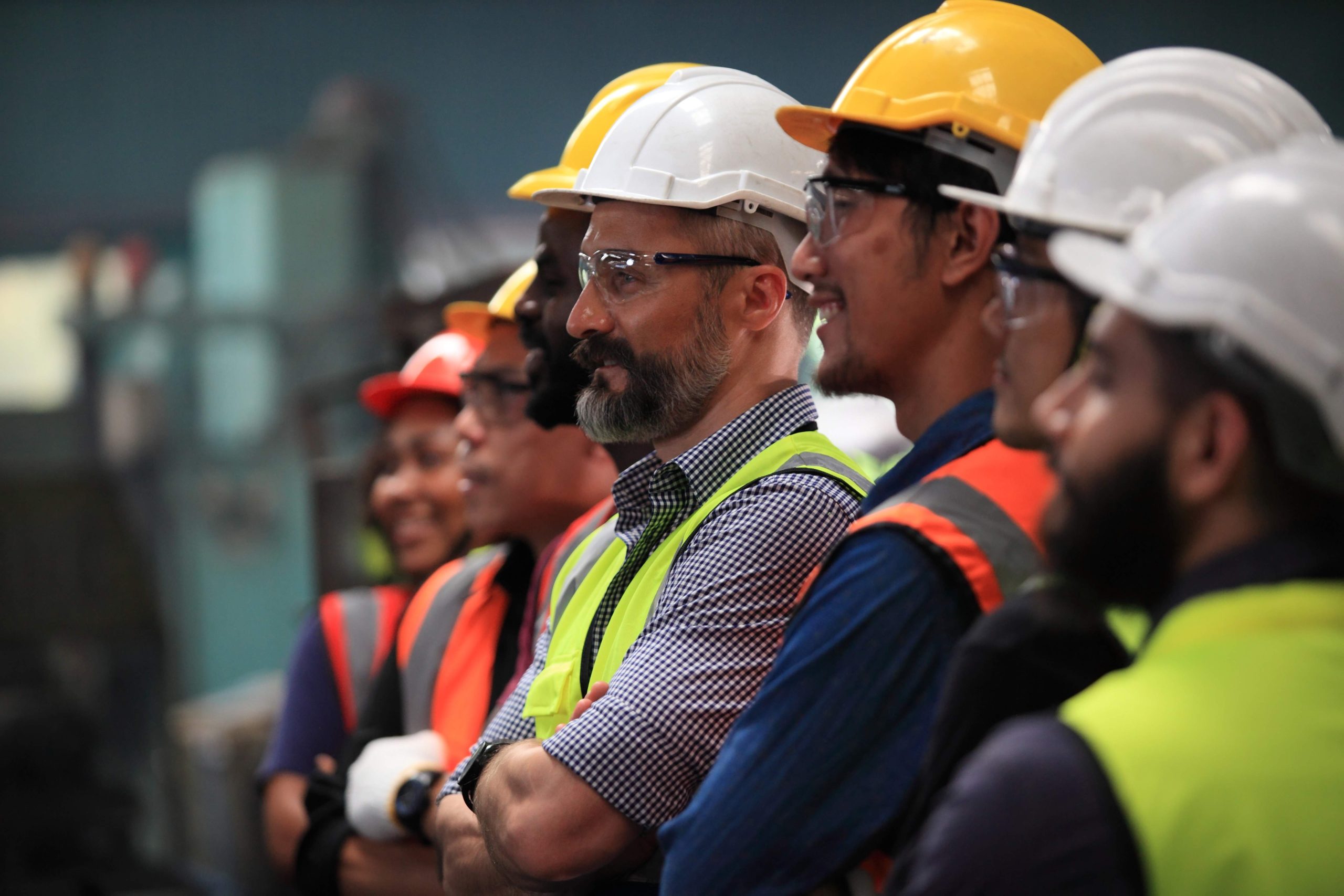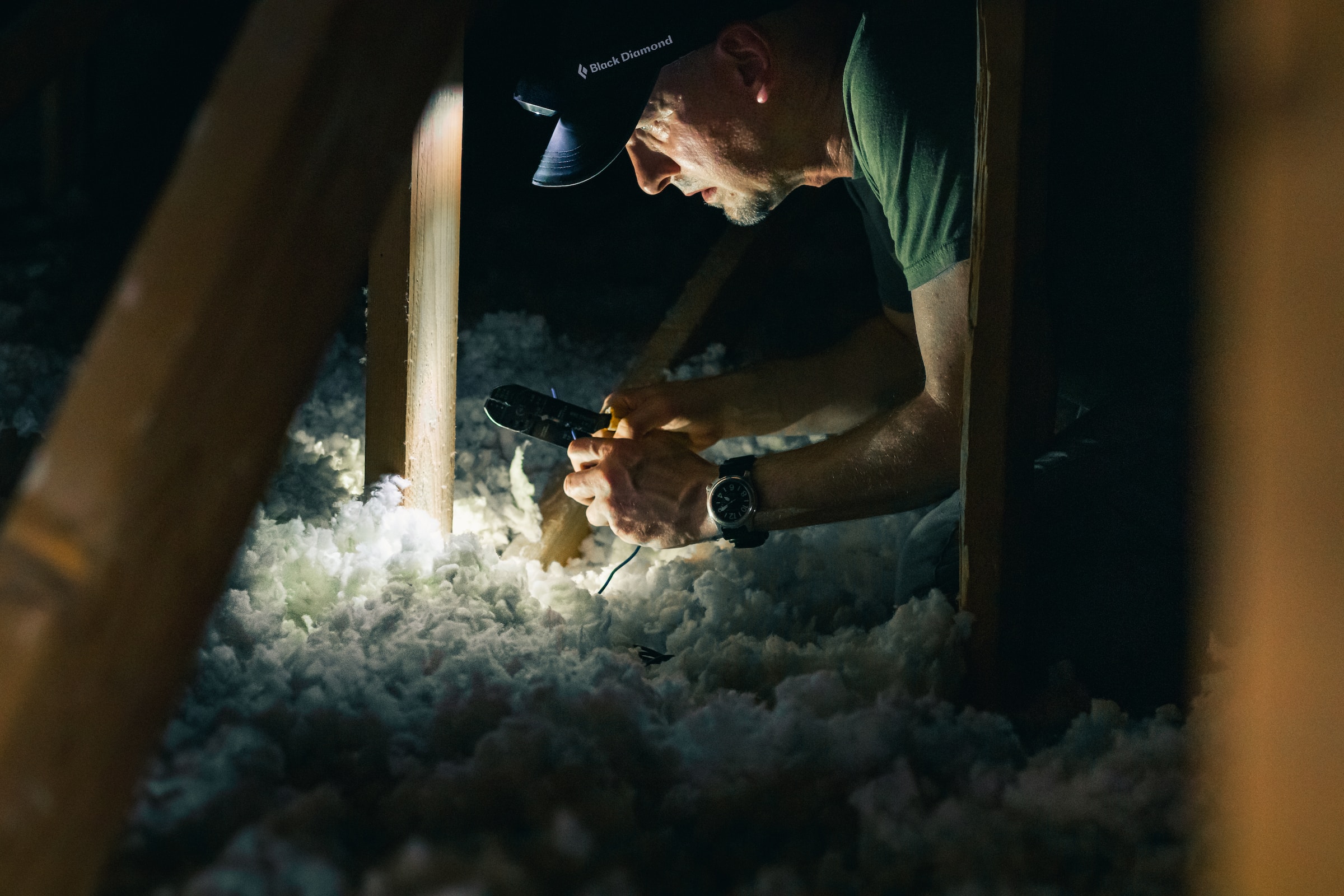Garage Block to be Converted into Energy Efficient Housing

Work is underway on a Winchester City Council scheme to convert a former garage block into six affordable and energy-efficient new homes. Housing Industry Leaders explores how councils can use retrofitting to provide well-needed housing for their communities.
The new homes in Micheldever are being built to a Passivhaus Plus standard, meaning they will need far less energy to heat or cool than conventional homes, and the energy required will be from renewable sources.
How Is Sustainable Technology Going To Be Implemented In The Homes?
Taking on a whole-building approach, high energy standards will be met as measures such as heat-efficient building materials, airtight construction, and the size and positions of windows will be focused on.
Modern technology will play a key role in the building of these homes. Heating and hot water will come from energy-efficient exhaust air heat pumps, mechanical ventilation with heat recovery (MVHR) will ensure good ventilation without loss of heat, and solar photovoltaic panels will provide these properties with renewable energy.
As a result of all measures, the flats will produce approximately 78 per cent less carbon and 75 per cent less running costs than if they had been designed and built to building regulation standards.
Do Passivhaus Developments Help To Tackle Climate Change?
Cllr Ferguson, Deputy Leader and Cabinet Member for Community and Housing, explained that tackling our housing crisis is crucial, and Winchester City Council are ensuring that it provides well-needed homes for its residents.
He said: “New homes are much needed across our district, and as a council, we’re committed to providing homes for all – ensuring residents have access to good quality housing that is both affordable and energy efficient – and we’re building 1000 new homes by 2030.”
He continued to express that improving energy efficiency and reaching decarbonisation targets is a priority for the council: “This is part of our commitment to being a carbon-neutral district by 2030 and an important step in our ambitions to go greener faster. The fact that these new homes will also have significantly reduced energy bills is good news for our residents, particularly when the cost of living is so high.”
Alongside our new building programmes, we’re also improving the energy efficiency of our existing council homes as part of our Retrofit Ready programme.
With buildings accountable for 35 per cent of total global energy consumption, there is a need for more Passivhaus developments. The Passivhaus solution is helping to deliver net zero-ready new and existing buildings optimised for a decarbonised grid and for occupant health and wellbeing.
However, there are around 1500 Passivhaus homes across the UK, and even fewer have achieved the Passivhaus Plus standard. To achieve the Passivhaus Standard in the UK, the development must have an accurate design modelling using the Passive House Planning Package, use extremely high-performance windows with insulated frames, use airtight building fabrics, use ‘thermal bridge free’ construction, and involve a mechanical ventilation system with highly efficient heat recovery.
This development makes Winchester City Council one of the first local authorities in the country to develop a Passivhaus Plus scheme as part of its drive to tackle climate change.

